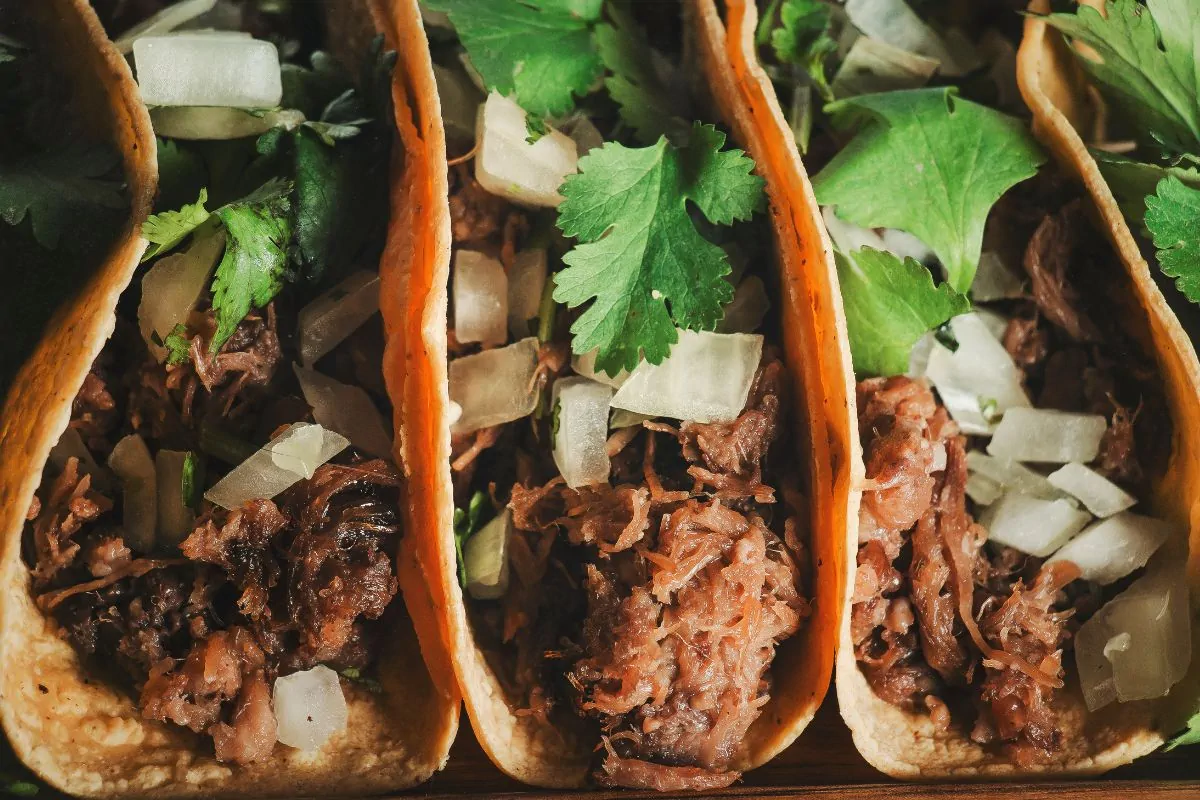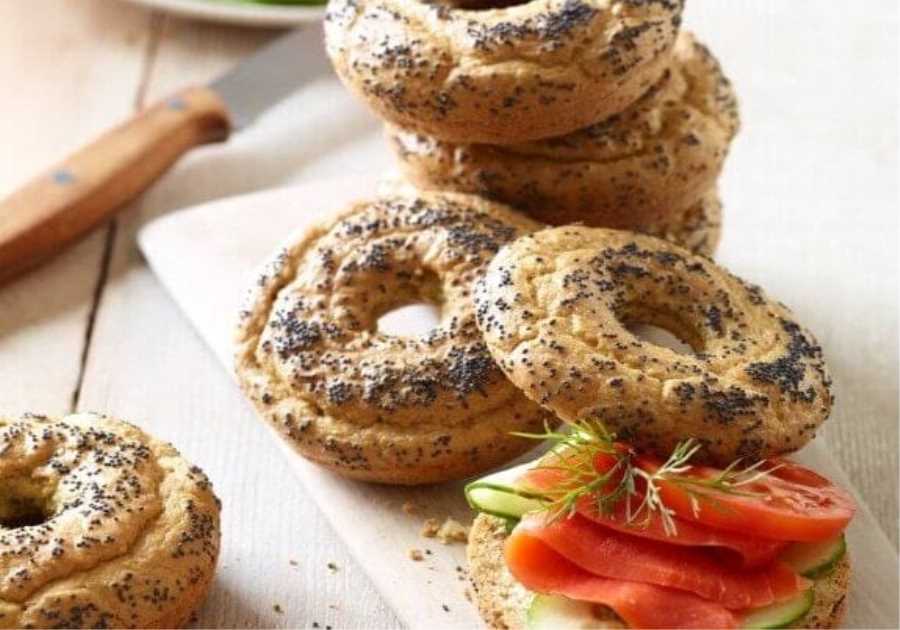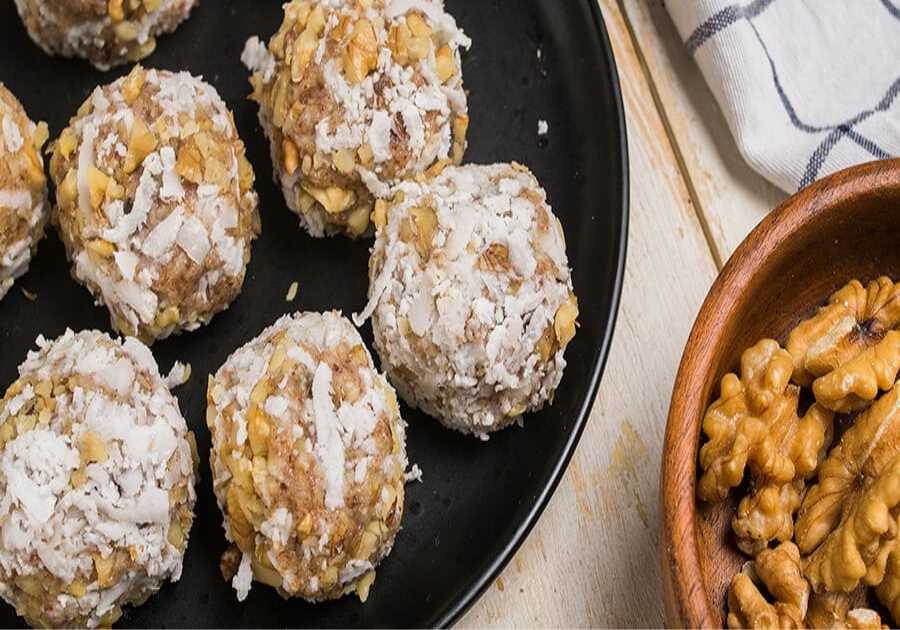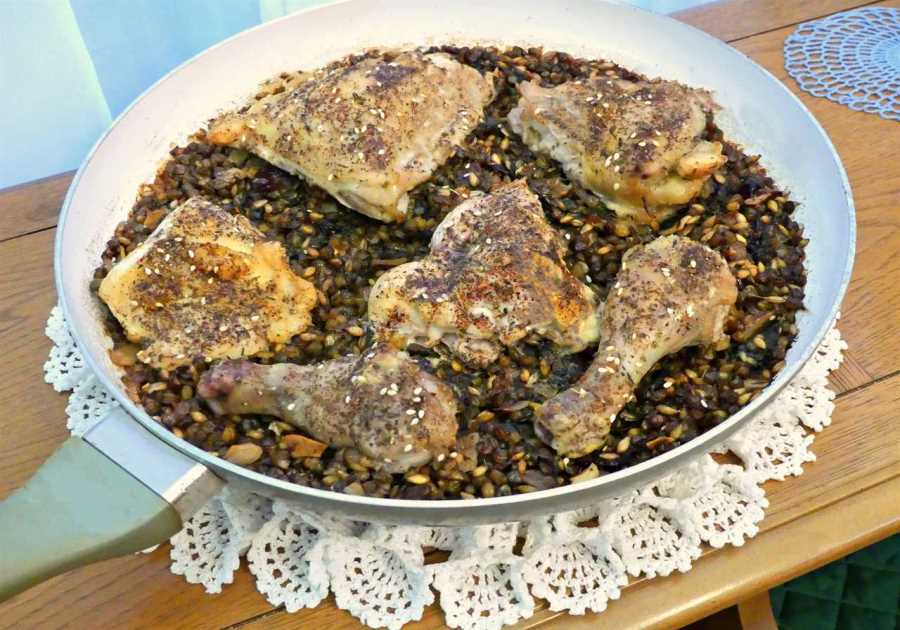Paleovsketo.com serves as a supportive community for those looking to explore paleo and ketogenic lifestyles, as well as offer guidance on intermittent fasting, various recipes, meal plans, and discussion of macro-nutrient ratios that support healthy living. It also provides an invaluable resource for understanding how our diets affect our overall mental and physical health.
At Paleovsketo.com we understand the importance of creating an atmosphere conducive to progress in one's lifestyle decisions while promoting sustainable habits in an accepting community of users who are looking to make lasting changes in their lives through engaging with service-based content and discussions related to holistic health practices
We believe strongly that this site should be more than just a platform for someone to come into contact with financial gain or profit margins; it should be about helping people on their path as they strive towards living a healthier life through dietary influences such as Paleo or Keto Dieting or Intermittent Fasting Practices & Meal Planning Strategies based on nutritional value rather than modern food trends.
We welcome anyone who wishes to contribute their stories or provide delicious recipes they have created using Paleo/Keto principles via email at [email protected] so that others can learn from success stories & try out new recipes!
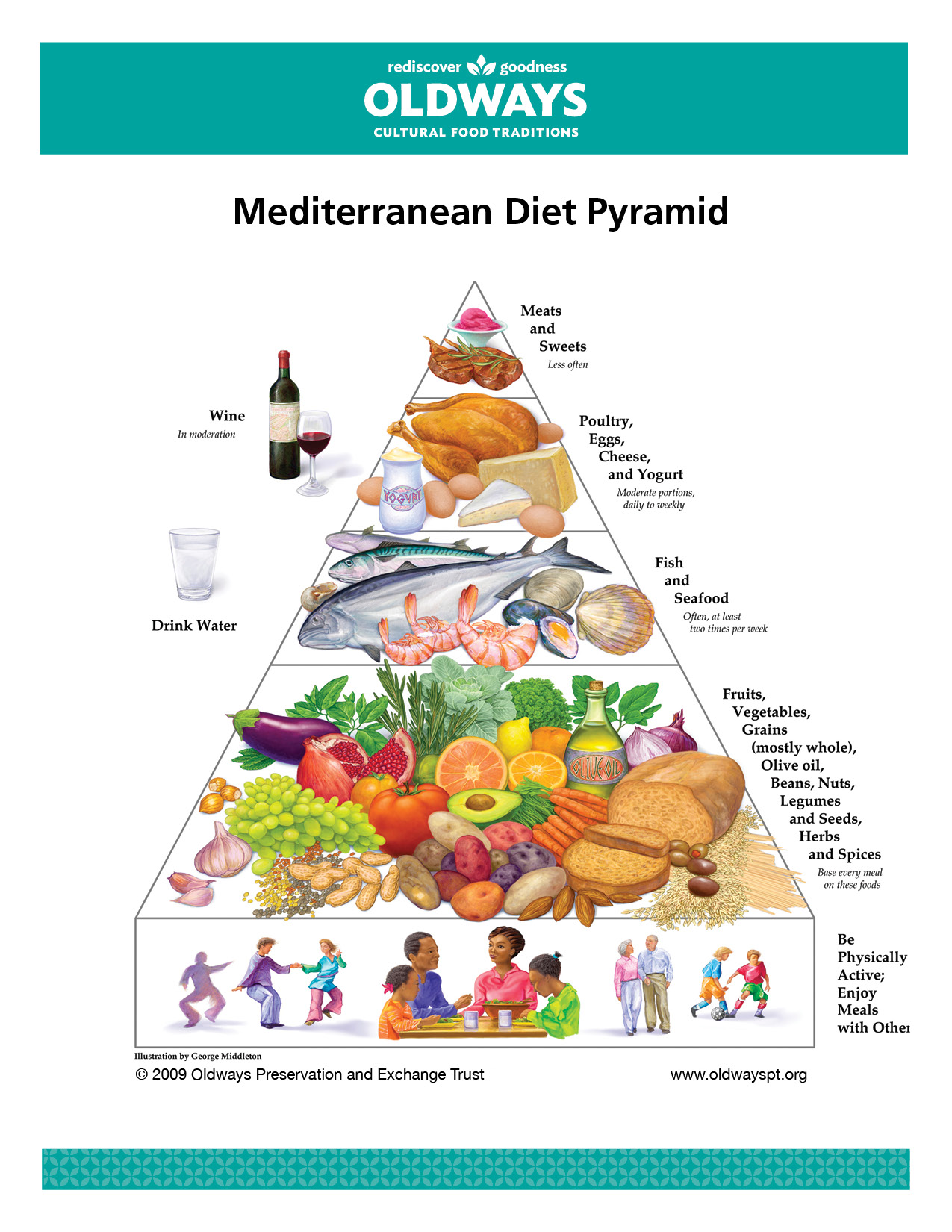
Frequently Asked Questions
What are the key principles of the Mediterranean diet's basic principles?
The Mediterranean diet is a lifestyle choice known for focusing on healthful and nutritious food choices and regular physical activity. This diet emphasizes whole grains, fruits, vegetables, legumes, healthy oils like olive oil, nuts, and moderate amounts of dairy products, meat, poultry, fish, and other animal products. Red wine should be enjoyed in moderation. The basic principles of the Mediterranean diet are:
- Eat mostly plant-based foods such as fruits, vegetables, legumes, cereals, beans, seeds, and yogurt.
- When possible, prefer fresh ingredients to pre-packaged processed foods.
- To add flavor to your dishes, you can use herbs rather than salt.
- You can incorporate physical activity into your day, such as going for a walk after dinner and taking part in a class.
- Enjoy sharing meals with loved ones and enjoy the shared experience of cooking together.
- Be mindful when eating and pay attention to the smells, tastes, and textures of your food. This will help to identify when you feel satisfied and full.
What is the Mediterranean diet for rice?
Rice is both allowed and encouraged on the Mediterranean diet. This diet encourages the consumption of fruits, vegetables and whole grains. Whole-grain brown rice is an excellent source of carbohydrate and provides energy. It's also rich in dietary fiber, which can improve digestion as well as provide essential nutrients for your health such iron, B vitamins and magnesium. In order to incorporate rice into your meals, you can add cooked grains to soups, stews and salads. If you eat rice-based dishes, it's a good idea to limit added fat.
What is a typical Mediterranean breakfast?
A Mediterranean breakfast can include a mix protein, healthy and carbohydrate. There are many options for eggs, including olive oil-cooked eggs with roasted vegetables or whole-grain bread, Greek yogurt or cheese with whole grain toast, quinoa porridge, with fresh fruits and nuts, and quinoa porridge. Avocado toast with tomatoes and Feta cheese is another great breakfast option. Start your day off the Mediterranean by incorporating high-quality proteins such as wild-caught fish, grass-fed meat, organic eggs, and nuts. You can choose whole grains such as quinoa or oats as nutritious carbohydrates; you can limit sugar intake by choosing fresh fruits over sweetened yogurts and cereals; you can add healthy fats such as avocado, extra-virgin olive oil, coconut oil, and olives to your meal; and, for additional antioxidants, green tea.
Is the Mediterranean diet costly to follow?
The Mediterranean diet is typically inexpensive and has easily available ingredients. Local grocery stores and farmers' markets have many staple foods. However, shopping for organic products, high-quality proteins, or special items such as extra virgin olive oil can be more expensive. Plan your meals and budget accordingly. It is also a good idea to save money on food by using leftovers or bulk freezing foods such as fish and grains.
What should I consume in a Mediterranean-style diet for one day?
The Mediterranean diet is rich in healthy fats, protein, and lots of fresh fruits, veggies, and whole grains. A Mediterranean diet should consist of seven to 10 daily servings fruits and vegetables, as well as two to four 3-ounce meals of lean protein, such as chicken or fish. Healthy fats like olive oil and nuts are also encouraged in moderate amounts. Each day, aim to eat at least three portions of whole grains like quinoa, barley and oats.
Also, it is important to limit foods that are unhealthy when consumed frequently. These include all processed foods and added sugars, unhealthy fats as well as white bread, starches and sweetened drinks such sodas or juices. Dairy should also be consumed sparingly; those who choose to include dairy should use reduced-fat varieties when possible. Avoid eating fish more than three times per week due to potential mercury contamination. This can affect its nutritional value and cause it to be less nutritious if it is not planned for.
It's important to plan meals so that you can reap the benefits of the Mediterranean diet.
Mediterranean food is delicious and rich in nutrients. It can be a fun way to eat. For the best health, choose high-quality proteins like wild-caught fish and grass-fed meats, as well as organic eggs, to ensure you are eating healthy meals. Also, include healthy fats like coconut oil, nuts, olives, avocados and extra-virgin olive oil. Make sure to include plenty of fresh and/or frozen fruits and vegetables in your meals and whole grains such as quinoa, barley, and oats. Also, avoid unhealthy fats and added sugar as well as processed foods, starches red meat, and processed milk products.
Statistics
- Choose fat-free or 1% milk, yogurt, and cottage cheese. (my.clevelandclinic.org)
- Aim to get 20 to 35 percent of your total daily caloric intake from fat, and for saturated fats to represent less than 10 percent of your total caloric intake, advises the U.S. Department of Health and Human Services. (everydayhealth.com)
- 1g sugar Benefits Rich in heart-healthy polyunsaturated fats, these nuts may also favourably impact your gut microbiome (and thus improve digestive health) and lower LDL cholesterol, according to a small study that included 18 healthy adults. (everydayhealth.com)
- The Mediterranean Diet group had a 30% lower relative risk of cardiovascular events compared to the low-fat diet group. (my.clevelandclinic.org)
External Links
[TAG59]
[TAG61]
- The Mediterranean Diet: From an Environment-Driven Food Culture to an Emerging Medical Prescription - PMC
- Definition of the Mediterranean Diet: A Literature Review - PMC
[TAG64]
[TAG67]
- Health Benefits from the Mediterranean Diet: Metabolic & Molecular Mechanisms – PubMed
- PubMed: Cardiovascular Health and the Mediterranean Diet - PubMed
How To
How can the Mediterranean Diet lower your risk of Stroke or Heart Disease?
Healthy fats and whole grains are all part of the Mediterranean eating plan. The Mediterranean diet has many health benefits. It is associated with improved blood lipids and glucose control, lower risk of certain types and cancers, better heart health, improved cognitive function, weight management, and better overall health. Research also suggests that this dietary pattern may reduce the risk of stroke and heart disease.
It is possible to incorporate Mediterranean-inspired foods into your daily diet by swapping high-calorie snacks like chips for nutrient-dense vegetable appetizers or other traditional greens or beans dishes. Additionally, learning how to increase variety in your diet by adding spices or different sources derived from nuts, fruits, and vegetables can help enhance satiety after meals. To increase nutrition, it is important to consume moderate amounts of dairy products, such as yogurt, milk, and cheese, throughout the day. To complete the Mediterranean experience, olive oil should be used as the primary cooking fat. Red wine can also be enjoyed occasionally.
Combined with regular physical activity on an average vigorous level, one could see even more significant increases in short-term results and long-term positive impacts on body composition and overall health benefits, including chronic disease prevention. The Mediterranean diet encourages enjoyment of food and a balanced nutrition that can provide substantial benefits in reducing the risk of stroke and heart disease.
Resources:
 |
[TAG70]Craving the flavors of the Mediterranean without the jet lag? Join Ruben Dominguez live at the original Phoenicia on Westheimer, celebrating 40 years of |
 |
[TAG71]In honor of the 75th anniversary of NYU Langone’s Rusk Rehabilitation, Dr. Steven R. Flanagan, chair of the Department of Rehabilitation Medicine at NYU |
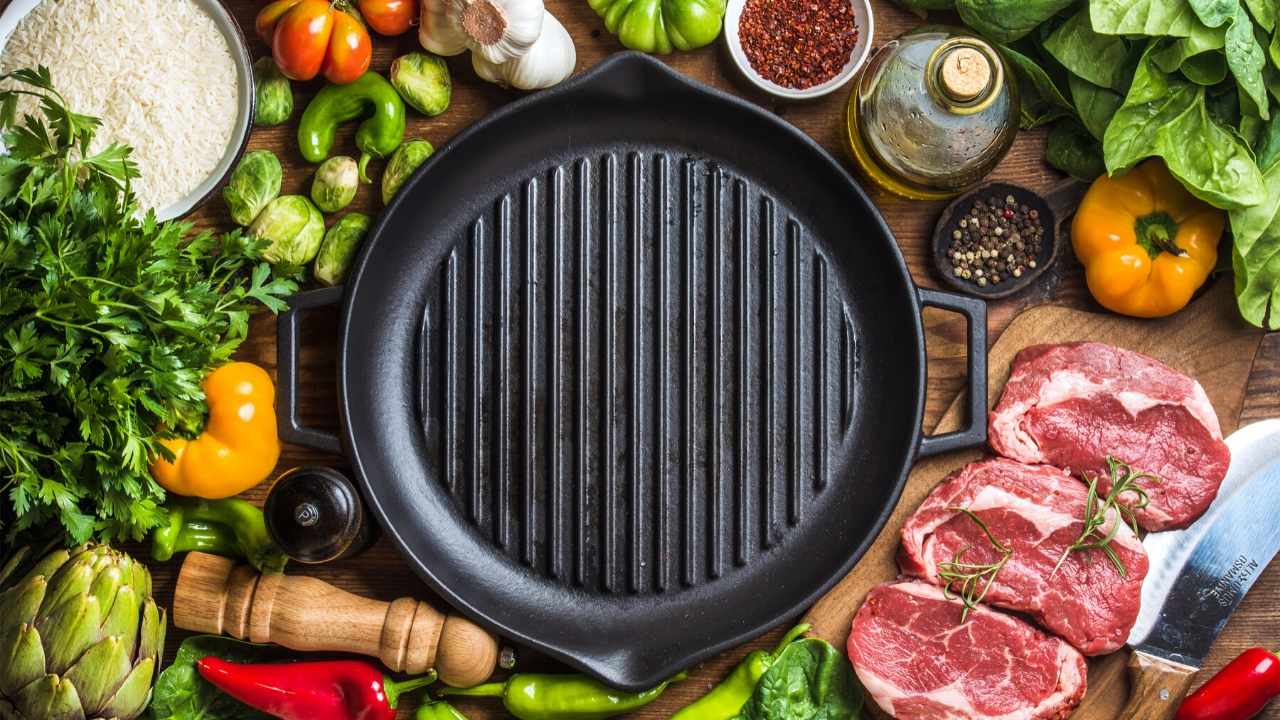 |
[TAG72]You should be eating a Mediterranean diet, and here’s why: |
 |
[TAG73]How To Get Omega-3s Without Eating Fish or Seafood If you're allergic to fish, or just don't like fish, or if you are eating vegetarian, vegan, or plant-based, |
 |
[TAG74]Shilpa Ravella, Assistant Professor of Medicine at Columbia University Medical Center, explains how a healthy diet, comprised of plants, whole grains, and |
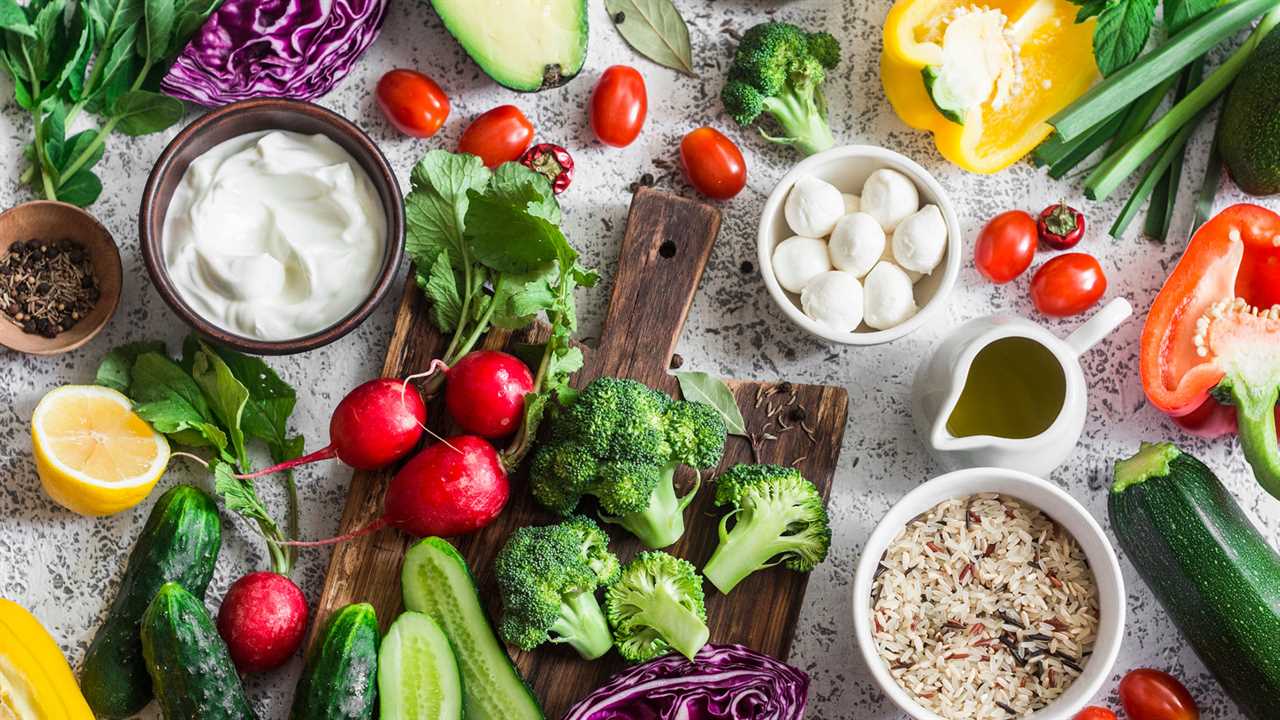 |
[TAG75]The Mediterranean diet originates in the food cultures of ancient civilizations which developed around the Mediterranean Basin and is based on the regular |
 |
[TAG76]Make Mediterranean Breakfast and enjoy your Italy tour. follow for more. #youtubeshorts #shorts #health |
 |
[TAG77]Full day of Mediterranean food! #foodie #shorts #eating #greekfood #mediterranean #tzatziki #gyro |
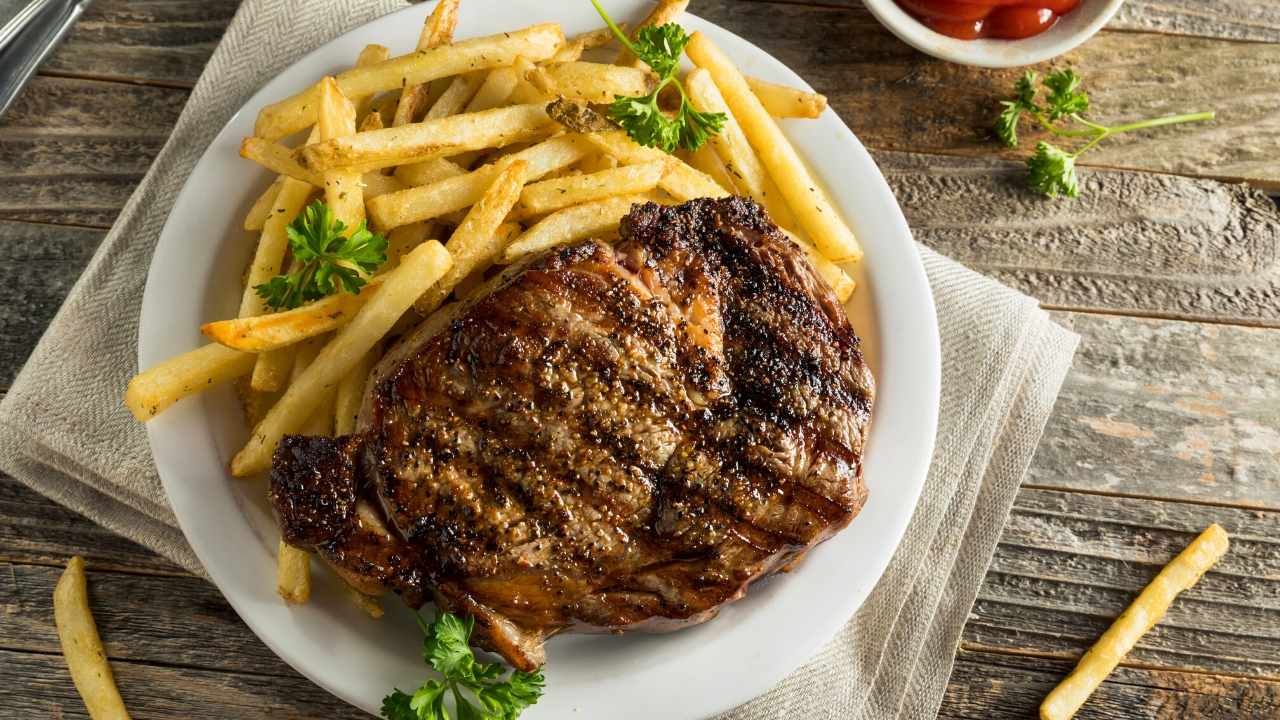 |
[TAG78]Menopause 5 Foods to Help Relieve Symptoms |
 |
[TAG79]This is what it is on the menu for The Modern Mediterranean Diet for this evening testing for Meals For Longevity. more comments coming soon... thank you |
 |
[TAG80]Will a Mediterranean diet helps lose belly fat? #foodie #healthylifestyle #BellyFat |
 |
[TAG81]This review of five human studies on the Mediterranean diet examines its effects on weight loss, various diseases, and the risk of death. |
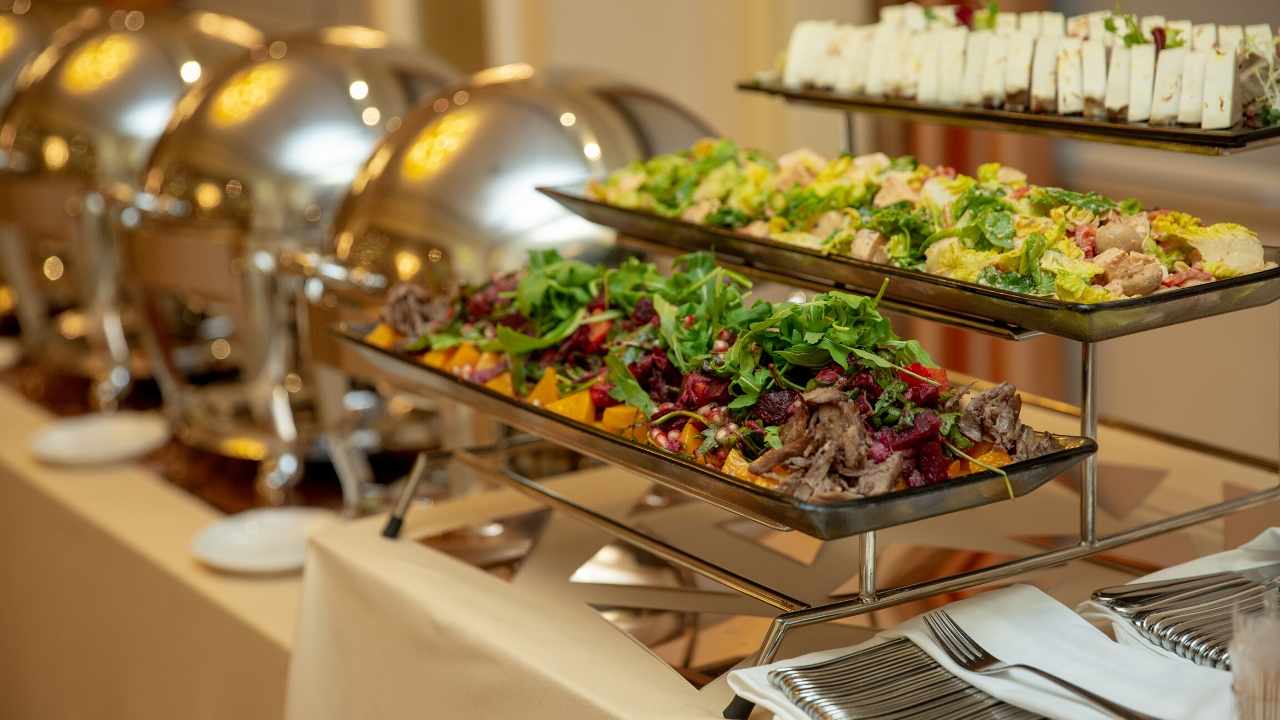 |
[TAG82]HELPFUL TIP: How to make couscous fluffyYou can toss the uncooked couscous in a drizzle of olive oil before adding the liquid, which coats each grain in oil |
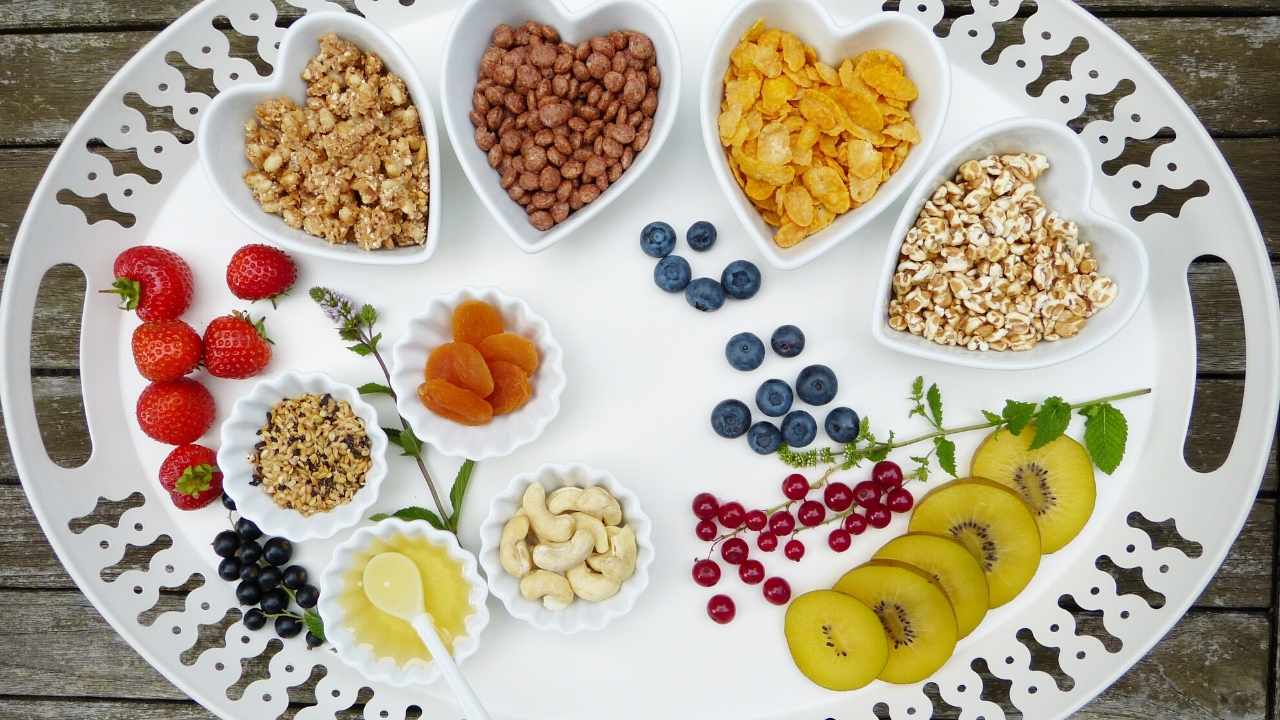 |
[TAG83]I might work as an author and teacher all about Greek and Mediterranean cuisine, but I’m also a mom (in fact, I consider this to be my most important job!), |
 |
[TAG84]This spanakopita muffins recipe makes great use of a Greek classic spinach pie filling (minus the onions and/or scallions), but in this form the spinach-feta |
 |
[TAG85]A simple and cozy fall family dinner, this Slow Cooker Chicken Tortilla Soup is filling and hearty making a perfect weeknight meal.The post Slow Cooker Chicken |
 |
[TAG86]A weekly series where we share our family’s actual Mediterranean diet meal plan. The goal is to simply share meal and recipe ideas.The post Mediterranean Diet |
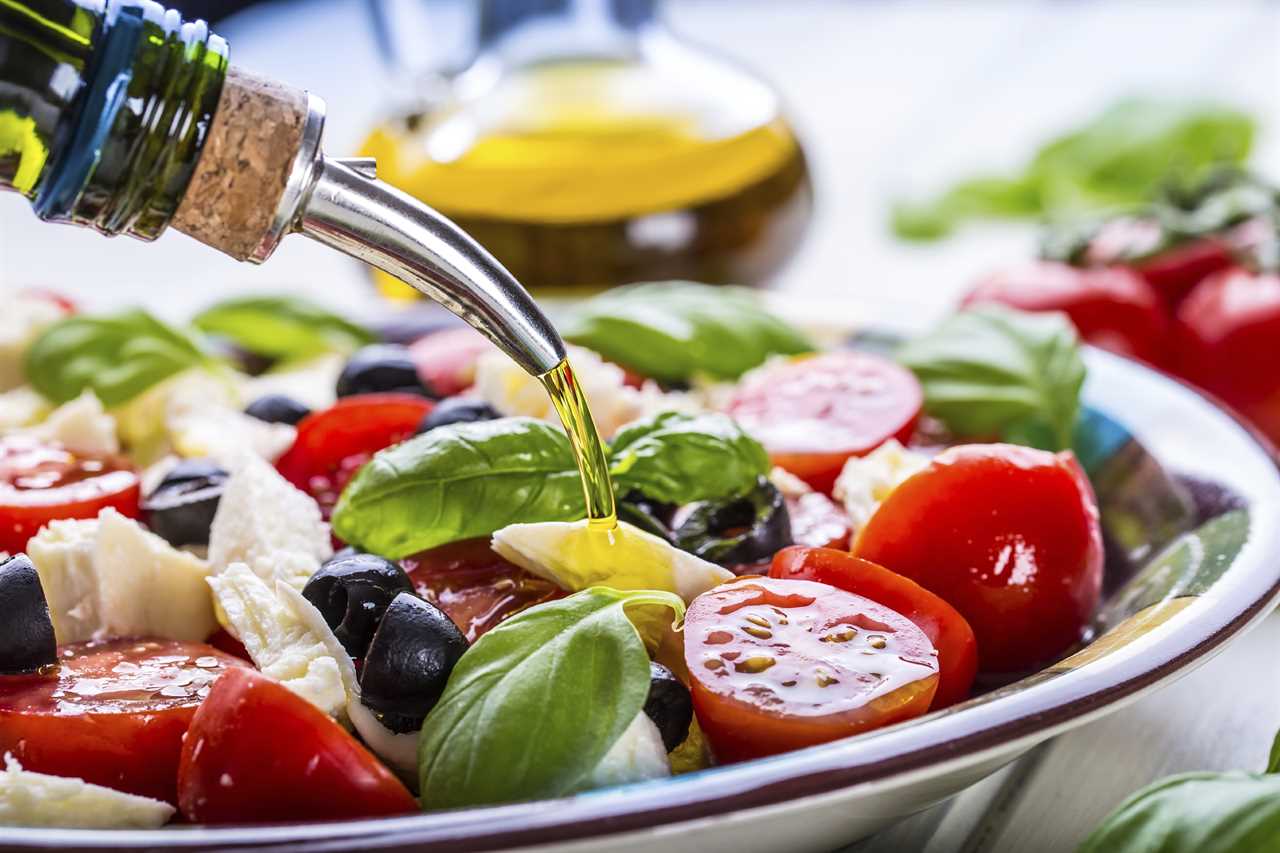 |
[TAG87]The Mediterranean diet has been linked to a number of health benefits, including reduced mortality risk and lower incidence of cardiovascular disease. |
 |
[TAG88]This Mediterranean Diet inspired Fall Cheese Board is the perfect party appetizer, grazing meal or simply a qucik dinner all in one. The post Fall Cheese Board |
 |
[TAG89]In Greece, there’s one ultimate sweet superfood: honey, which reigns supreme as the world’s best natural sweetener, adding its exquisite touch to a wide array |
 |
[TAG90]The Greek authentic recipe for delicious spanakopita straight from my mothers notes! Crispy layers of phyllo dough brushed with…The post Authentic Greek |
 |
[TAG91]Tender, juicy chicken pieces paired with crunchy autumn vegetables, all seasoned in a savory Mediterranean herbs blend. This sheet pan Mediterranean-style |
 |
[TAG92]Unlock the secrets of longevity with our comprehensive guide! Discover 7 essential steps to embrace the Mediterranean lifestyle and…The post Master the |
 |
[TAG93]The Mediterranean diet, with its emphasis on fresh vegetables and fruit, whole grains, legumes, olive oil and fish, provides an array of health benefits, |
 |
[TAG94]Mageirio, after the verb, to cook, “mageirevo,” is essentially an all-purpose summer stew, a kind of “throw-everything-in-one-pot,” dish that almost every home |
 |
[TAG95]Sharing some Mediterranean diet recipes we've been loving lately from around the web and social media. All tried and enjoyed.The post Mediterranean Diet |
 |
[TAG96]New research shows that following a Mediterranean may protect from cancer but also protect cancer survivors. Science is continuously…The post Mediterranean |
 |
[TAG97]The Mediterranean diet focuses on using the freshest ingredients when possible, so we are sharing a list of September Seasonal Produce. The post September |
 |
[TAG98]The post When Life Gives You Lemons Make Avgolemono appeared first on Lemon & Olives. A food blog exploring Greek Mediterranean cuisine, culture, and |
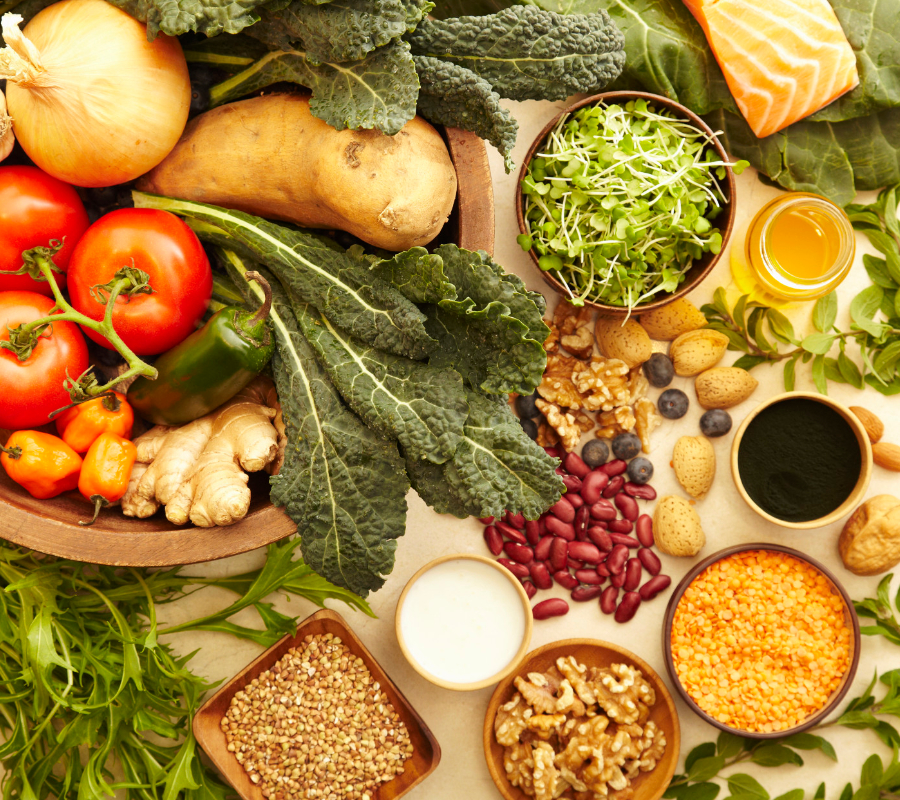 |
[TAG99]The Mediterranean diet is a heart-healthy eating plan that emphasizes healthy fats, whole grains, fruits, vegetables, beans, nuts and seeds. |
 |
[TAG100]The post I’d rather be in Greece Ornament appeared first on Lemon & Olives. A food blog exploring Greek Mediterranean cuisine, culture, and creating dishes |
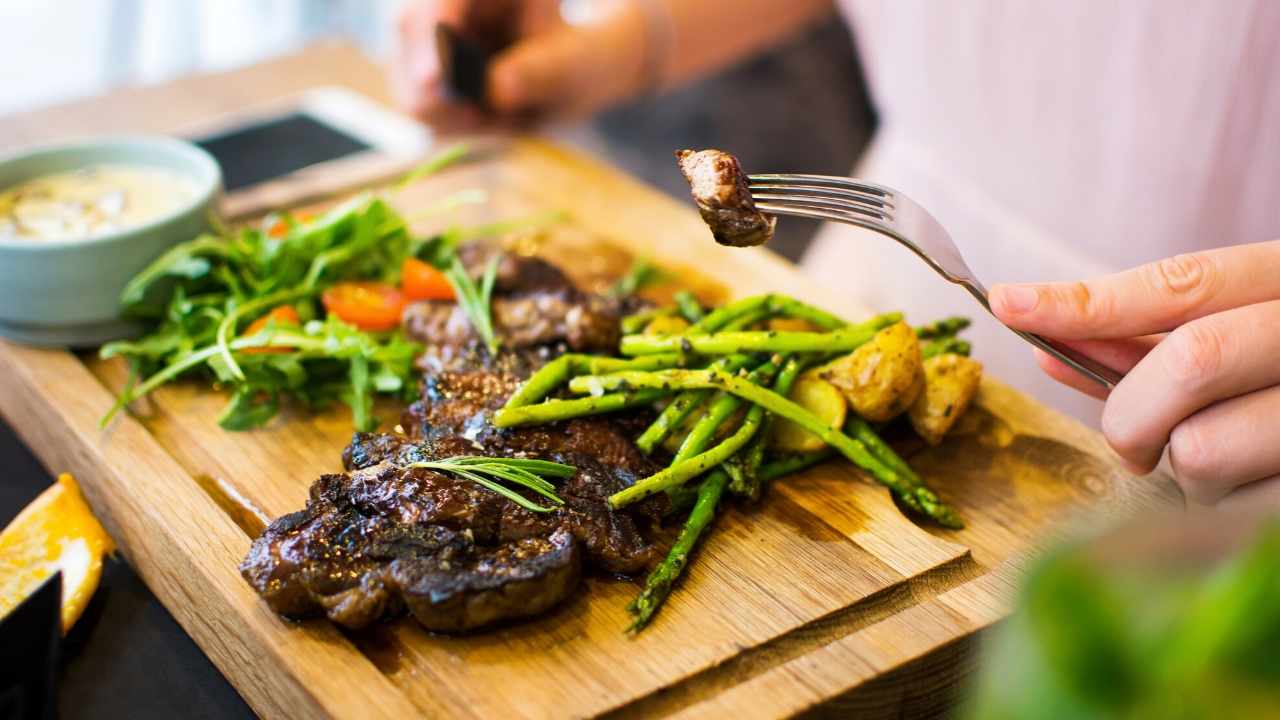 |
[TAG101]Pollo al ajillo (which literally translates to garlic chicken) is one of the most traditional recipes in Spanish gastronomy. It’s also an integral part of |
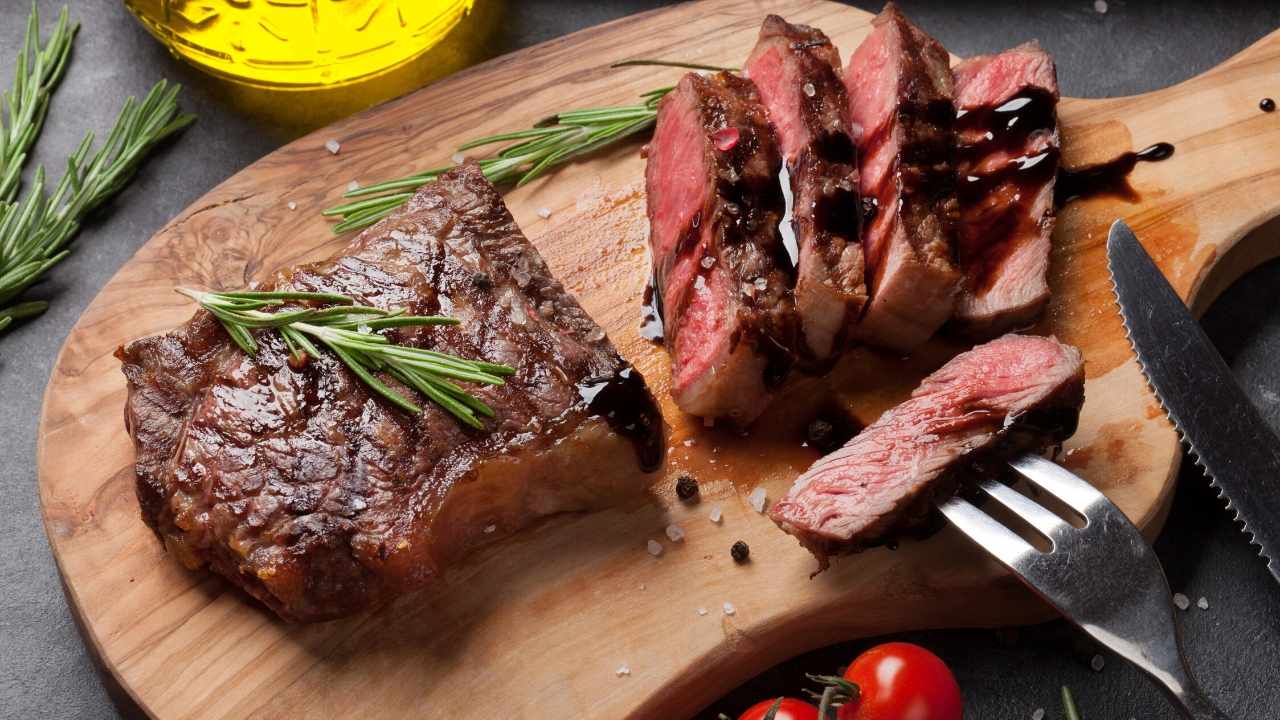 |
[TAG102]This delicious Mediterranean snack made with perfectly toasted crusty bread, topped with ripe summer tomato, drizzled with olive oil…The post Traditional Greek |
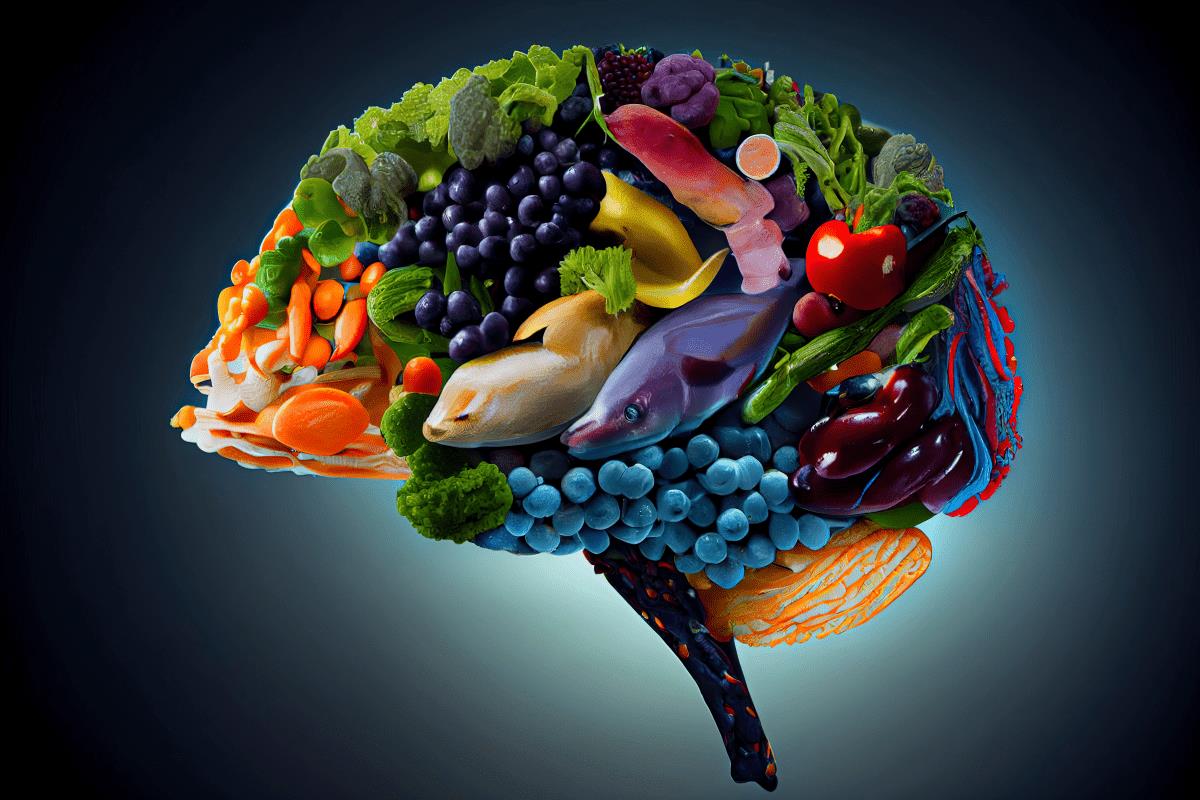 |
[TAG103]Kadurei Shokolad, or chocolate balls/chocolate truffles in English, are easily one of the most popular sweet treats in Israel. Everyone loves them, from little |
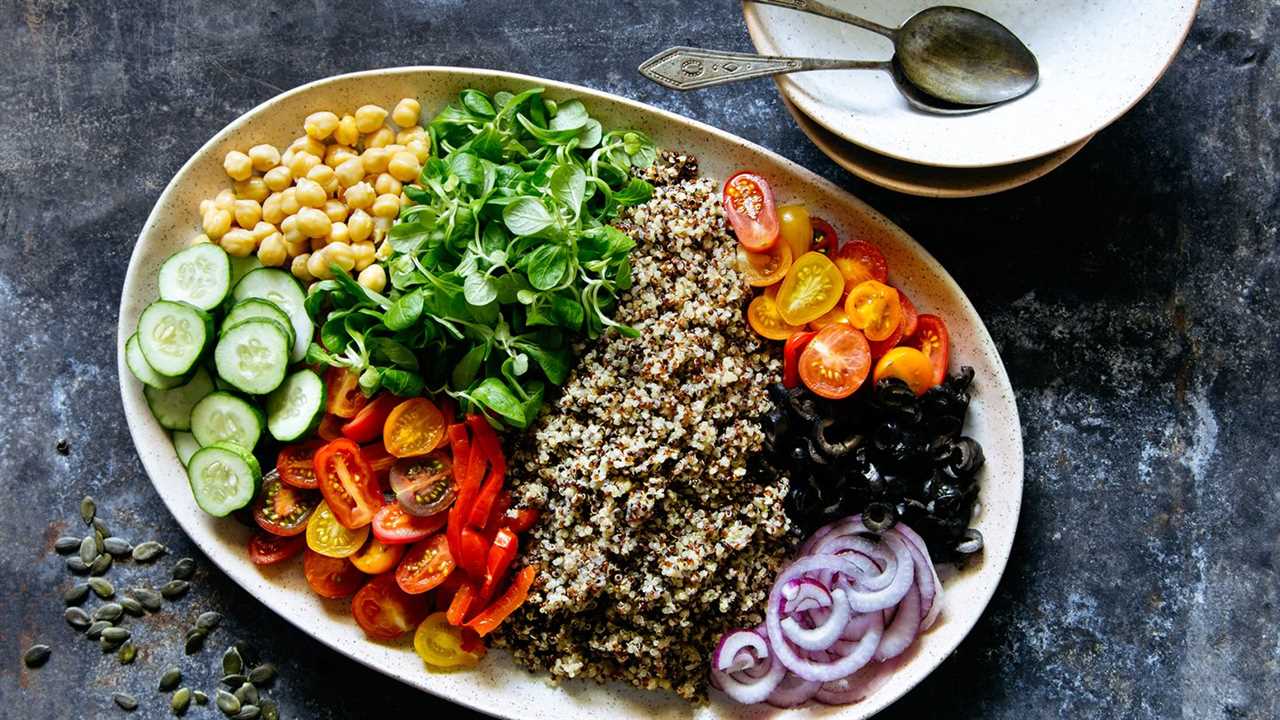 |
[TAG104]Light Summer Recipes That Will Help You Lose Weight Are you looking for a delicious and healthy way to shed those extra pounds? Look no further than the |
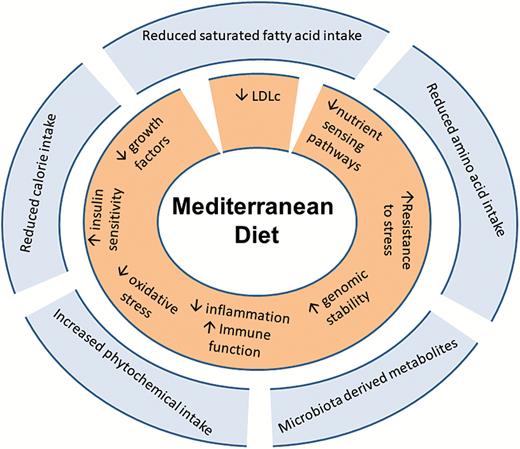 |
[TAG105]Abstract. Consuming a Mediterranean diet rich in minimally processed plant foods has been associated with a reduced risk of developing multiple chronic diseases |
 |
[TAG106]There are plenty of recipes on the world wide web for Italian stuffed peppers, artichokes, and mushrooms. But today we’re focusing on stuffed eggplant. This |
 |
[TAG107]Shish tawook is a popular dish in Arab countries. Restaurant menus typically include the Middle Eastern chicken dish as one of the main dishes, along with |
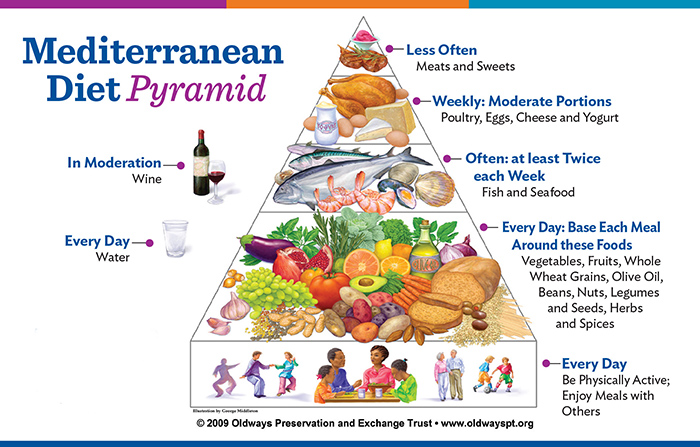 |
[TAG108]Extra virgin olive oil is one of the healthiest and most important ingredients of the Mediterranean Diet, but drinking…The post 5 Reasons Not to Drink Olive |
 |
[TAG109]Greek Chicken Gyro, a healthy alternative to the classic Greek gyro you’d find at Greek festivals around the world. Yes, it’s true. We love a delicious gyro |
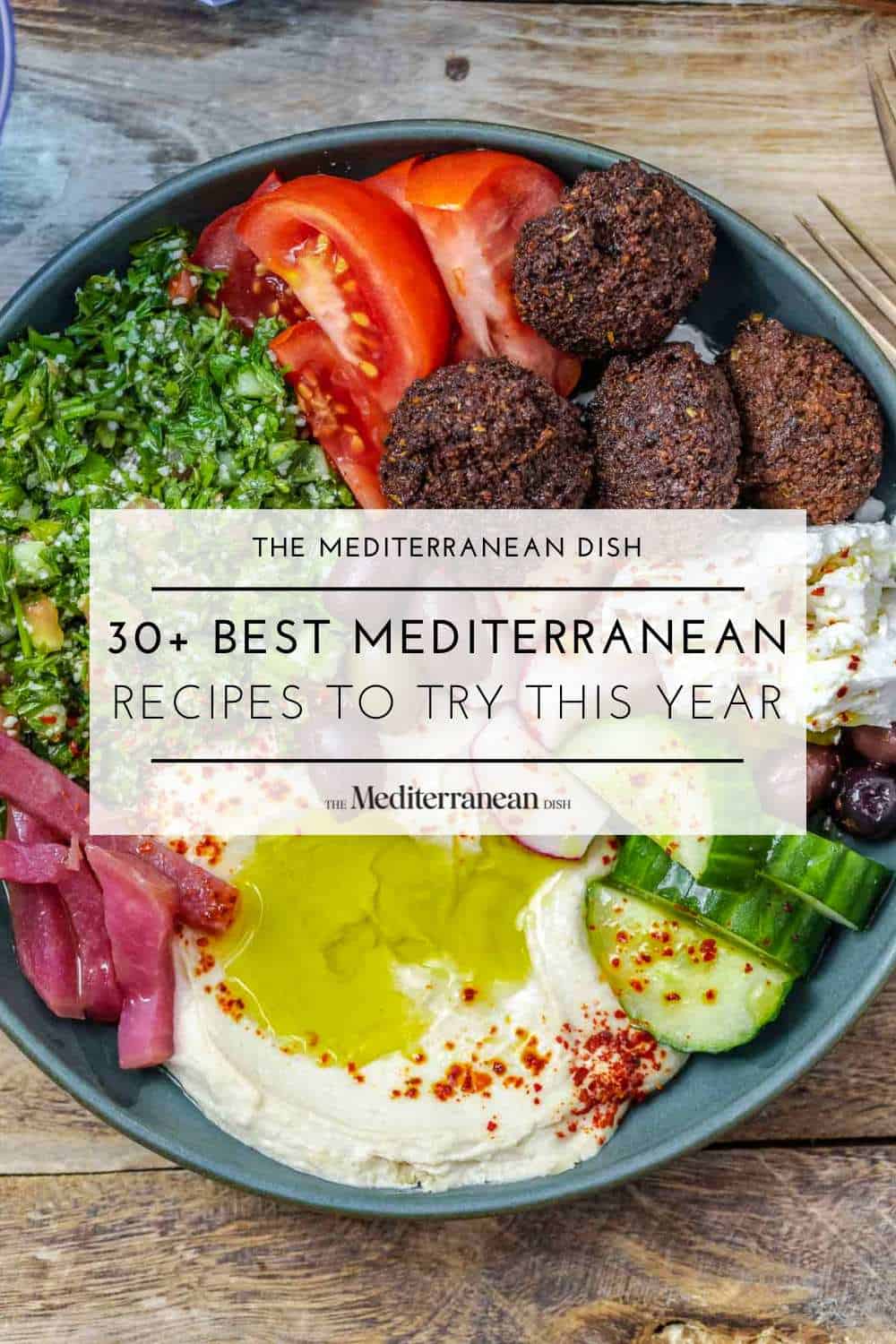 |
[TAG110]Mediterranean shrimp stir fry – a simple, delicious and healthy way to serve up a Greek inspired dinner. One of our favorite things to do while we’re in the |
 |
[TAG111]It’s an easy (and delicious!) change that can turn your diet into a disease-fighting tool. |
 |
[TAG112]Homemade Pita chips are a healthy and delicious snack. See our pita chip recipe below. If you’re looking to make pita from scratch as well, we’ve got you |
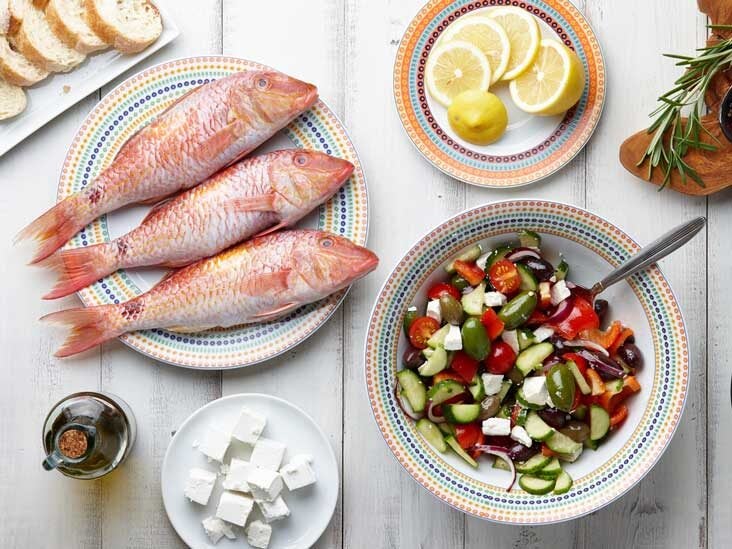 |
[TAG113]Healthline ranked the Mediterranean Diet number 1 for the following reasons: Numerous studies associate the Mediterranean diet with a reduced risk of heart |
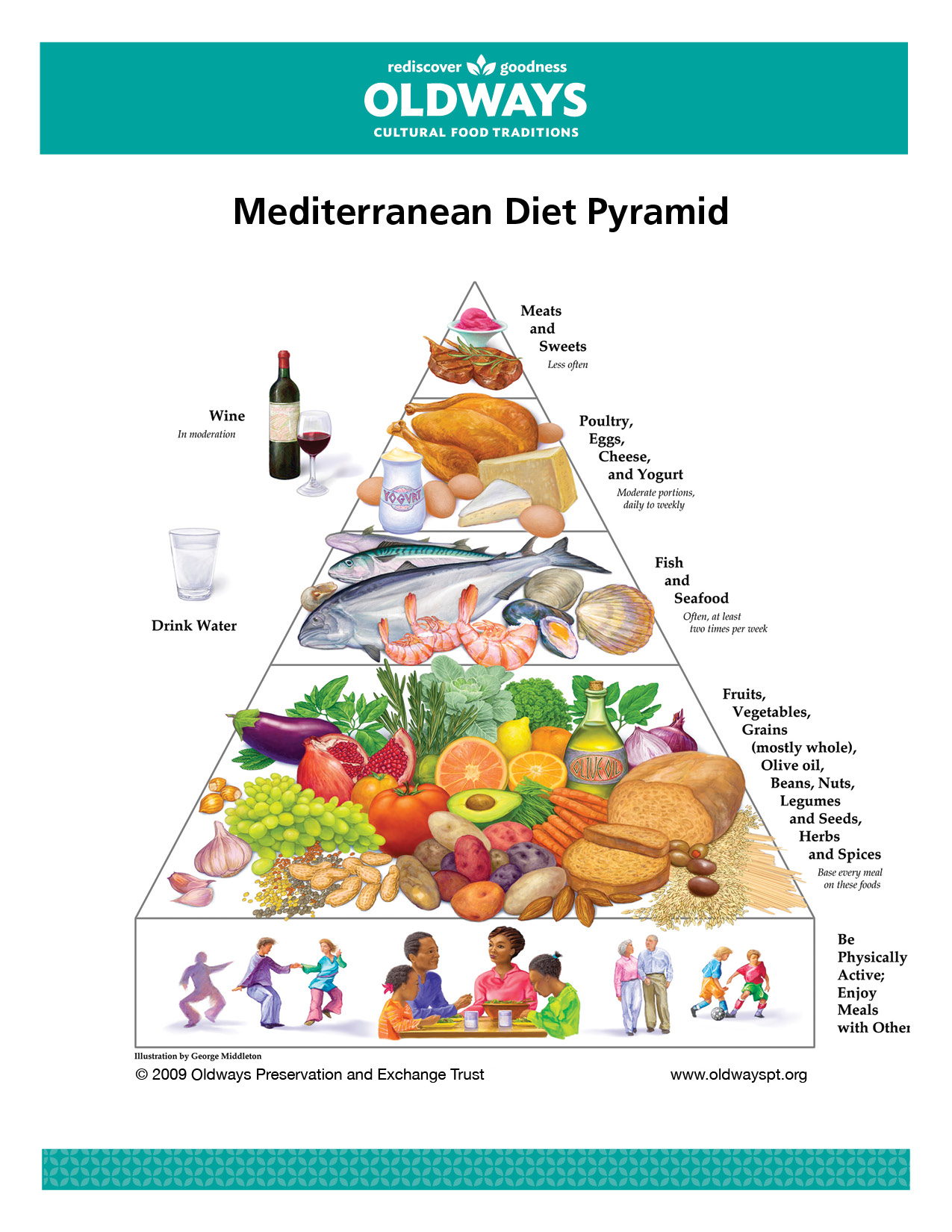 |
[TAG114]Psychology Today reports: Eating more green, leafy vegetables and less red meat were associated with improved cognitive functioning in a recent study of older |
 |
[TAG115]CNBC reports that Joan Salge Blake, Boston University’s clinical professor of nutrition says: “‘Poor protein [intake] can contribute to fatigue, and that’s the |
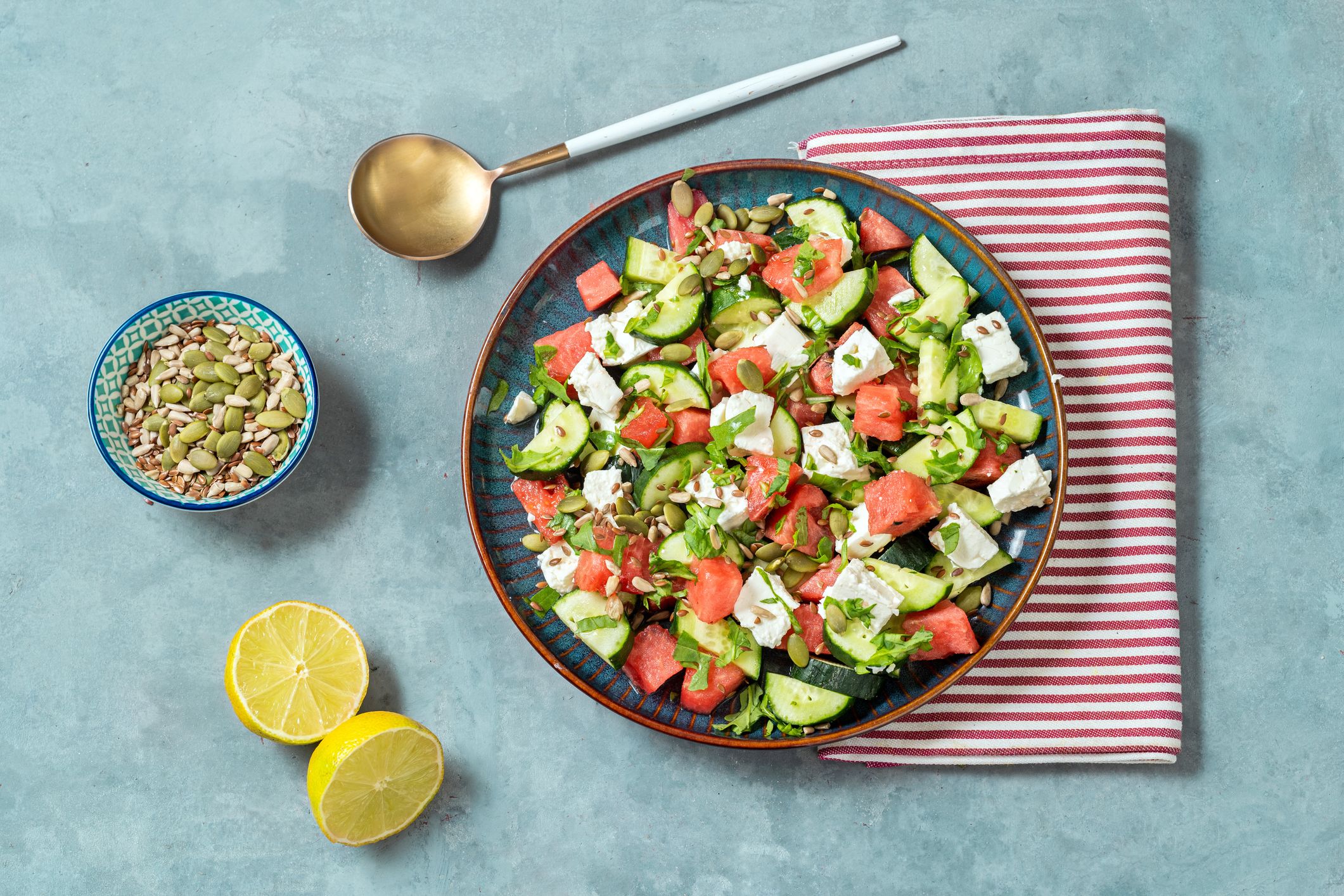 |
[TAG116]According to Olive Oil Times: The authors of the meta-study, published in Current Obesity Reports, noted that hypertension, type 2 diabetes mellitus, several |
 |
[TAG117]There are many misconceptions about the Mediterranean diet. Learn what it really means and how it can help you live a healthier, longer life. |
 |
[TAG118]The study described in The Epoch Times found: In the conclusions of this study, the authors prefer the Mediterranean diet over the Keto diet because the key to |
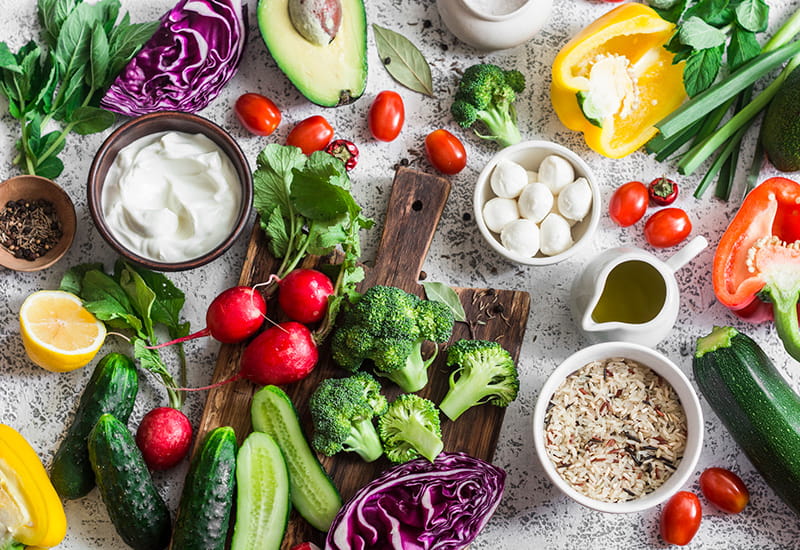 |
[TAG119]Once again, the Mediterranean Diet ranks #1 in Best Diets Overall. It is based on the traditional way of eating in the 21 countries that border the |
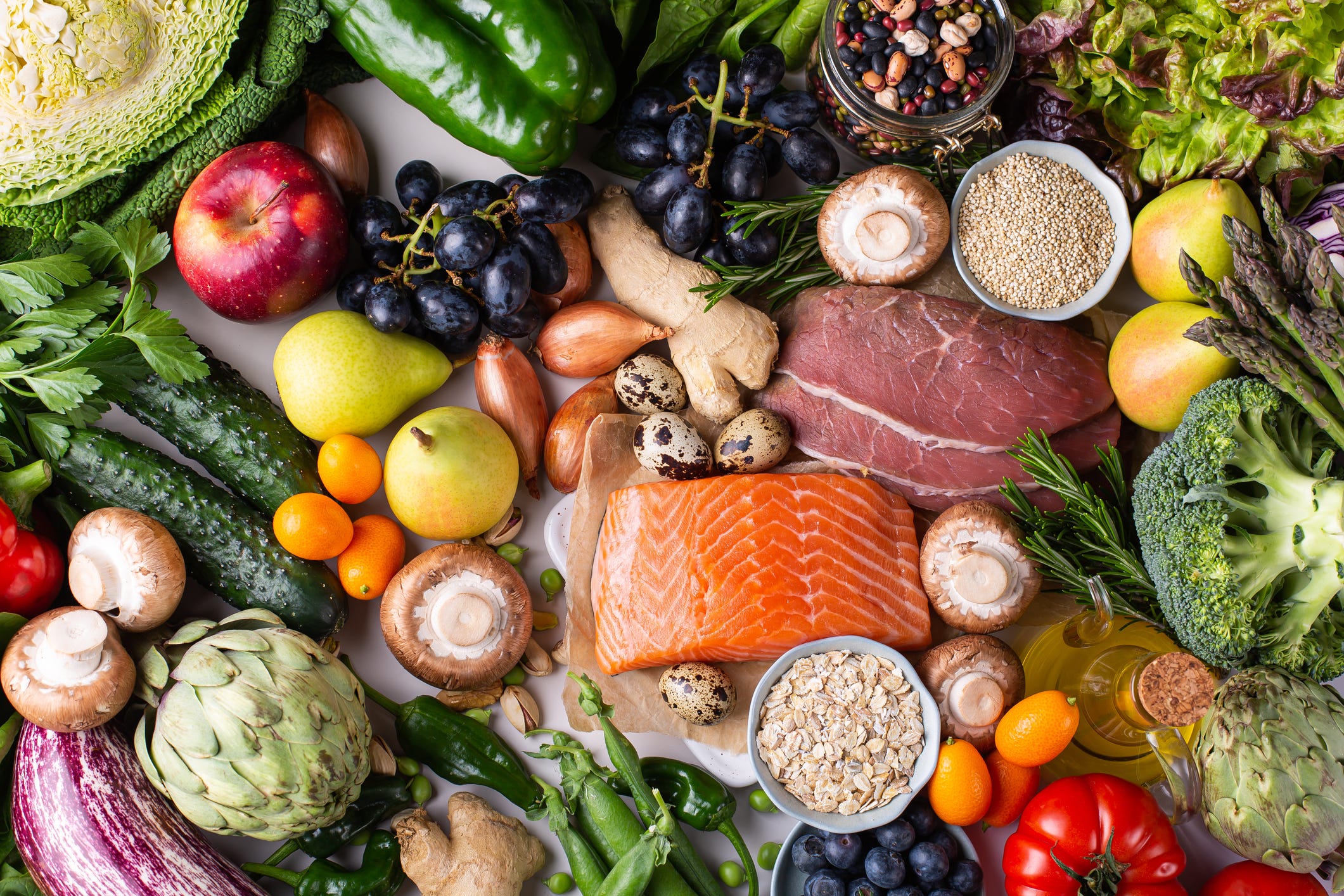 |
[TAG120]This Easy Shawarma-Spiced Chicken is full of flavor and tantalizes your taste buds with the flavors of the Middle East. It is an easy stovetop version of the |
 |
[TAG121]Cold winter days call for a hearty, rich, comforting soup. This Simple Gluten-Free Minestrone Soup with Quinoa is a twist on the classic Italian dish. Adding |
 |
[TAG122]These easy baked falafel with lemon-tahini sauce are crispy from the outside, light tender, crumbly from the inside, and full of bright, Mediterranean flavors. |
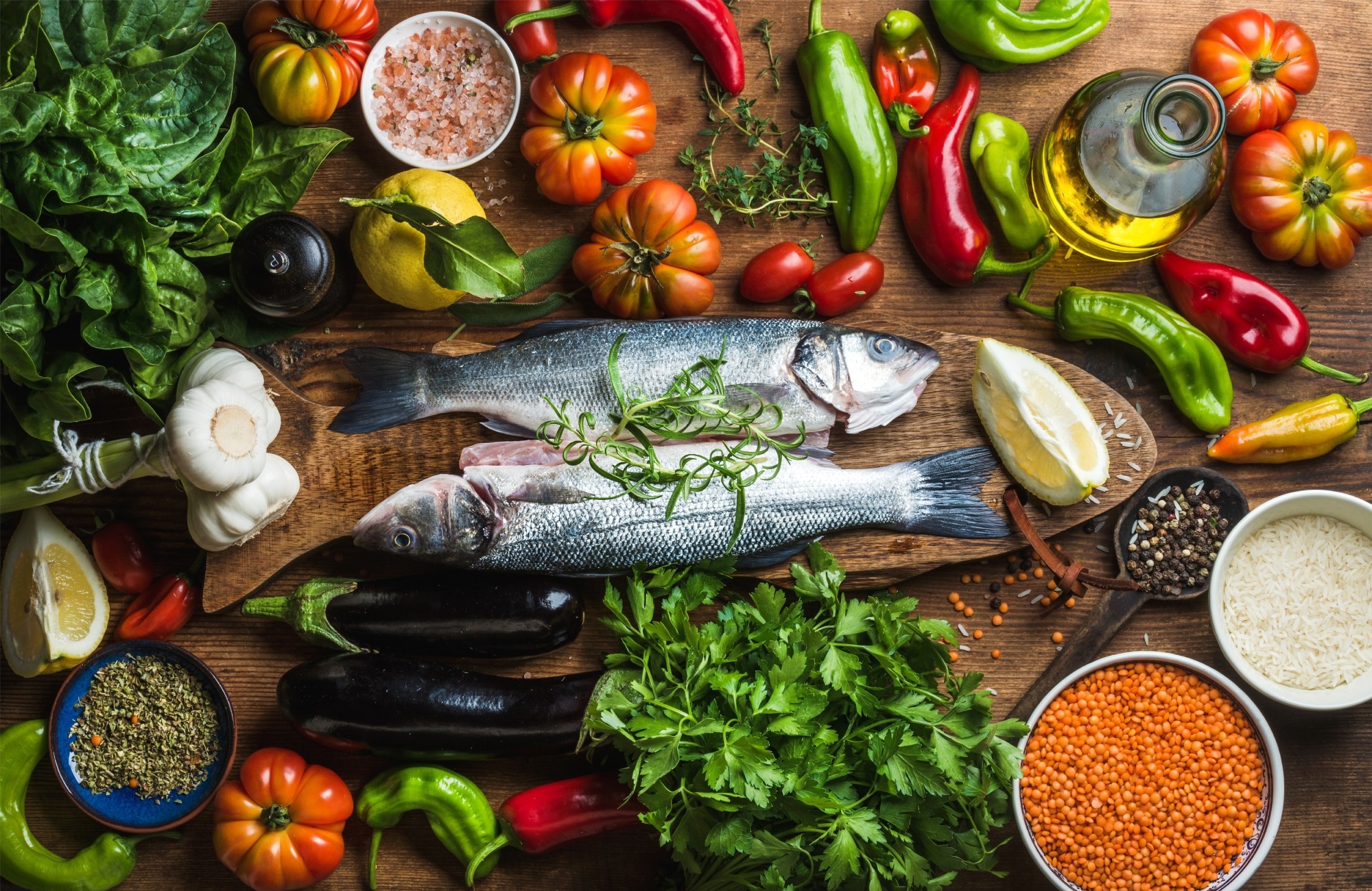 |
[TAG123]A review article published in the journal Experimental Gerontology describes the utility of Mediterranean diet (MedDiet) in the prevention and management of |


